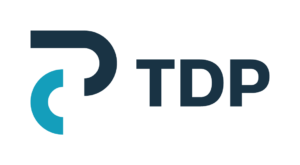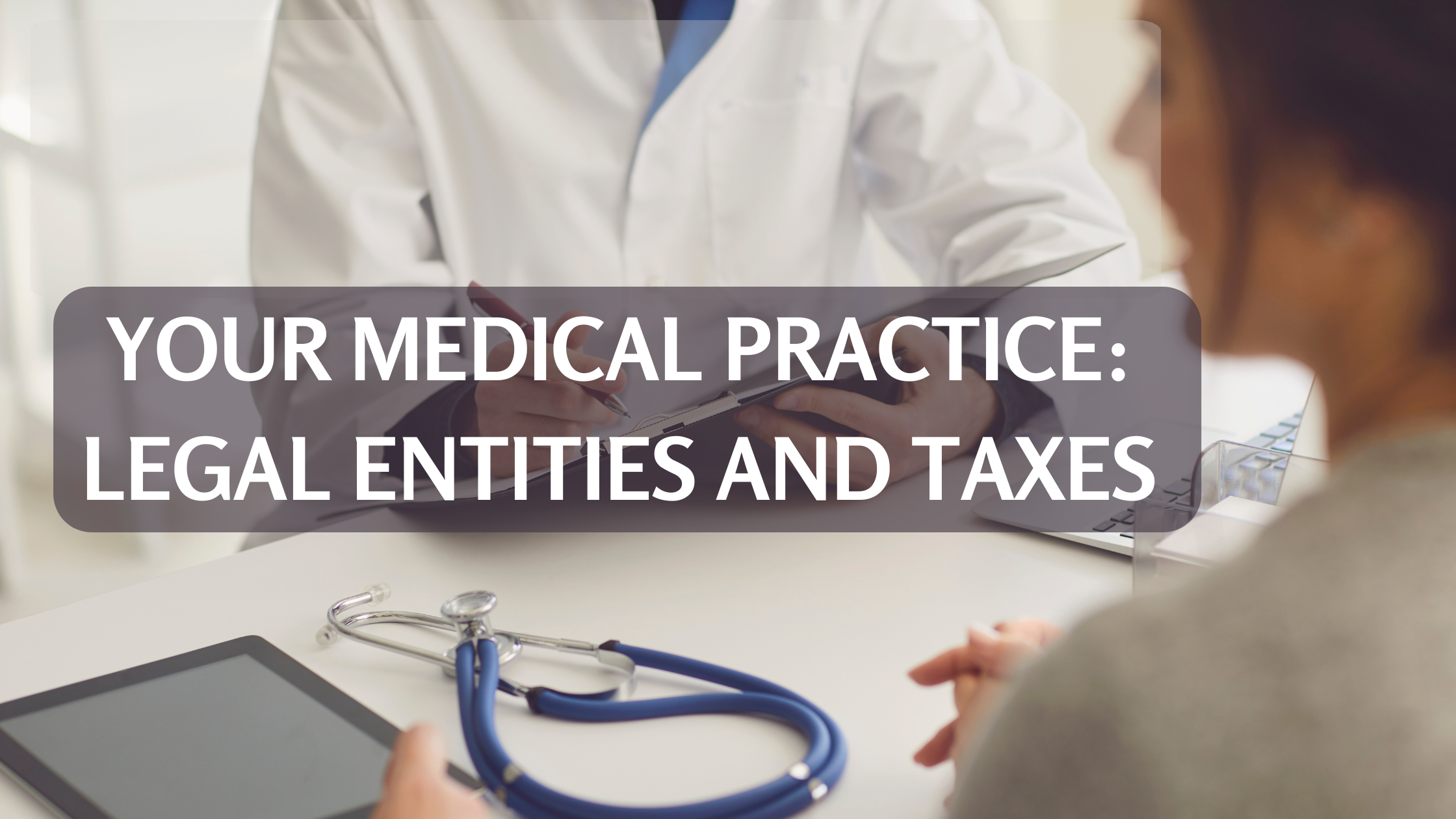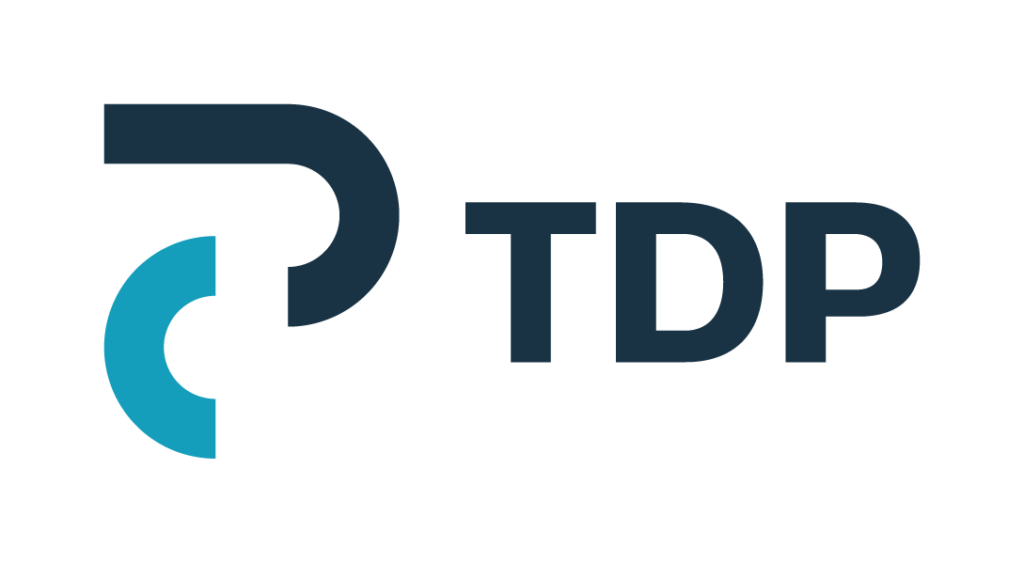YOUR MEDICAL PRACTICE: LEGAL ENTITIES AND TAXES
Navigating the complexities of structuring a medical practice is crucial for determining how your income is taxed and ensuring compliance with legal frameworks. This topic often sparks lively debates among medical practitioners. One of the most common questions I get from clients is whether they should operate as a sole proprietor or incorporate their practice. The answer is not straightforward and depends on several factors, particularly the amount of taxable income being generated and the number of partners in the practice.
PROFESSIONAL GUIDELINES
The Health Professions Council of South Africa (HPCSA) and other professional bodies have laid down specific principles to also keep in mind:
- Personal Liability: Every healthcare practitioner, be it a doctor, nurse, or specialist, must take personal liability for their services. This means they are directly accountable for their actions.
- Employment Restrictions: Except for nurses, practitioners cannot be employed by anyone other than the government, HPCSA-approved entities, or another practitioner in the same field, i.e., GPs employing other GPs.
Given these rules, the legal structures available for medical practices are quite specific:
- Sole Proprietorships
- Partnerships, Groups, and Organizations
- Associations
- Personal Liability Companies
- Franchises (typically for optometrists)
These structures ensure that practitioners remain personally liable and are not separately employed. Even if a doctor works at a hospital, they operate their own practice.
LEGAL ENTITIES TO CONSIDER
Let us dive into the different options available and why you might choose one over another:
- Optometrists and Franchises: If you are an optometrist, franchises can be a great choice. They offer name recognition, which means you get customers from day one. Plus, franchises help you with setting up and running the practice – everything from buying equipment to billing software.
- Sole Proprietorships: For many other practitioners, starting as a sole proprietor is the simplest and most cost-effective route. As a sole proprietor, you essentially are your business. You can potentially expense parts of your personal expenses (like your vehicle or phone) if they are used for business purposes.
- Partnerships: These can be tricky. While partnerships can work, they often mean shared debt responsibilities. To avoid this, many prefer setting up an incorporated entity with shareholders or crafting a formal partnership agreement, which can be more expensive.
- Incorporated Entities: Ideal for smaller and larger practices. Incorporating can offer significant tax advantages and help protect your personal assets. More about this option later.
LIABILITY COVER
As pointed out previously, healthcare practitioners cannot completely shield themselves from liability through incorporation. To protect yourself:
- Ensure you comply with financial reporting responsibilities.
- Follow HPCSA rules diligently.
- Secure comprehensive insurance and malpractice cover.
- Consider setting up a trust for personal wealth protection, which separates your personal liability from your assets.
TAX CONSIDERATIONS
Tax is another area where the right structure can make a big difference. Medical practitioners need to handle various tax obligations, such as individual income tax, VAT, employee taxes, provisional taxes, and company taxes.
You can claim a range of business expenses to reduce your taxable income, including phone, internet, transport, and salaries for practice staff.
Let us explore some specific tax considerations to keep in mind:
Small Business Corporation (SBC) Tax Benefit
If your practice employs at least three full-time, unconnected staff, is a legal entity, and does not exceed R20m in turnover, you can also benefit from SBC tax rates, potentially saving around R100,000 annually.
Dividend Arbitrage for High Earners
Some practitioners earn more than the highest individual tax bracket (currently R1 817,000 as of 1 March 2024). Beyond this level, the personal income tax rate is 45%, while the highest corporate tax rate is effectively 41.6%. This difference of roughly 3% makes incorporation potentially advantageous for high-earning practitioners.
You can benefit from this in addition to the SBC if you meet the necessary criteria. For instance, according to the SARS tax tables for SBC’s, if your taxable earnings (profit) are R660,000, you would owe SARS R87,398 in tax. If the company were to be taxed at the regular company tax rates, taxable earnings (profit) of R660,000 would amount to R178,200 in tax.
This approximately represents the 27% turning point for consideration. Determining the optimal tax position between a sole proprietorship and incorporation requires careful tax planning with an experienced advisor. Various other factors and personal circumstances must also be considered. From the example above, if your expected taxable income exceeds R1,500,000 per annum, incorporation might be more beneficial from a tax perspective.
Estimating Provisional Taxes
Medical practitioners often pay taxes semi-annually. To avoid a financial crunch, it’s wise to estimate and set aside tax payments monthly or bi-monthly.
VAT for Doctors
Once your practice bills over R1m annually, VAT registration is mandatory. Incorporating at this point can simplify your personal tax situation and leverage SBC benefits.
Dividends Tax Delaying
Incorporated entities only pay dividends tax when dividends are declared. Delaying this can improve cash flow management.
Asset for Share Transaction/Closing
Practitioners can transfer their sole proprietorship or partnership into an incorporated entity without tax consequences, making the transition smoother.
It’s perfectly legal to plan and minimize your tax liability within the law. However, stepping outside legal boundaries constitutes tax evasion. At TDP PE, we advocate for a conservative approach to taxes, ensuring our clients use all legal advantages without risking non-compliance.
In addition, in partnership with Optima Consulting, we also offer specialised medical legal services to healthcare professionals. Whether you require assistance with medical malpractice defence, regulatory compliance, healthcare contract negotiations, or any other legal matter within the medical field, Optima Consulting has the knowledge and experience to protect your practice and reputation.
Navigating the right structure for your medical practice involves careful consideration and planning. Whether you are just starting out or looking to optimize your existing practice, understanding these elements can help you make informed decisions and maximize your benefits.
Contact me, Jaco Barnard, for a free first consultation on 041 450 8799 or by sending an email to jaco@pe.tdp.co.za


